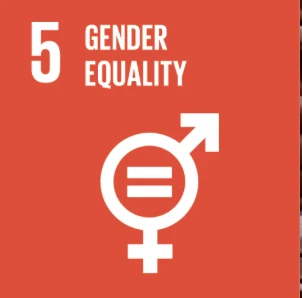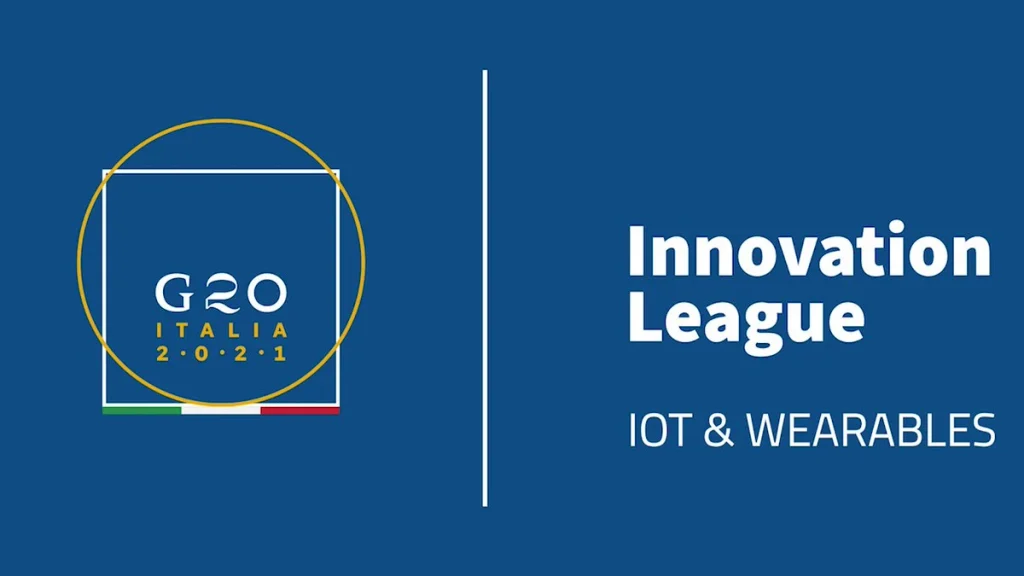Baby feeding and sleep are a major source of doubts and concern for parents; indeed, they are closely linked and go hand in hand after the sixth month of life.
If at 6 months all is well physiologically and developmentally, the baby no longer needs to feed at night and is ready to be weaned.
What happens at six months for there to be so many changes?
Needless to say, our babies are growing up, changing how they interact with adults and the environment, their babbling begins to be communicatively meaningful and they start picking up objects in their hands and putting them in their mouth. They are in the midst of the oral stage of development and their motor skills are making huge progress. They start rolling on their own and hit a major developmental milestone, for they are able to sit up aided or unaided, although every baby will do so at their own pace.
All of this progress points to the baby’s readiness to try new things in feeding. Up until now, the baby’s only food will have been breast milk or formula and complementary feeding, as the name suggests, supplements milk until the baby is 12 months old, according to WHO advice. After 6 months, babies must start eating food other than milk in order to cover their new nutritional needs.
The introduction of this new food must be gradual, and forbidden, unsafe and high allergen foods must be avoided at all times.
A weaning method that differs from traditional purées has become quite popular in recent years. It is called Baby-Led Weaning (BLW) and advocates introducing whole foods that babies are able to grasp and put in their mouth on their own.
The advantages of BLW are that the baby plays a more active part in feeding and that transitioning to solid foods is smoother, but there are also question marks on the subject of nutritional deficiencies and choking fears.
It is always advisable for children to share mealtimes with their family and eat the same food and preparations, adapted depending on their how old they are.
At Lullaai we want to help promote the baby’s integral development and this weaning method or manner of introducing food favours the baby’s development for many reasons we shall now set out, providing answers to your questions in order for weaning to be efficient and safe.
Properly feeding a child from 1 to 3 years old will rely on a varied, sufficient, balanced, individualised dietary approach based on the child’s constitution and pediatric guidance in order to ensure optimal growth and development.













